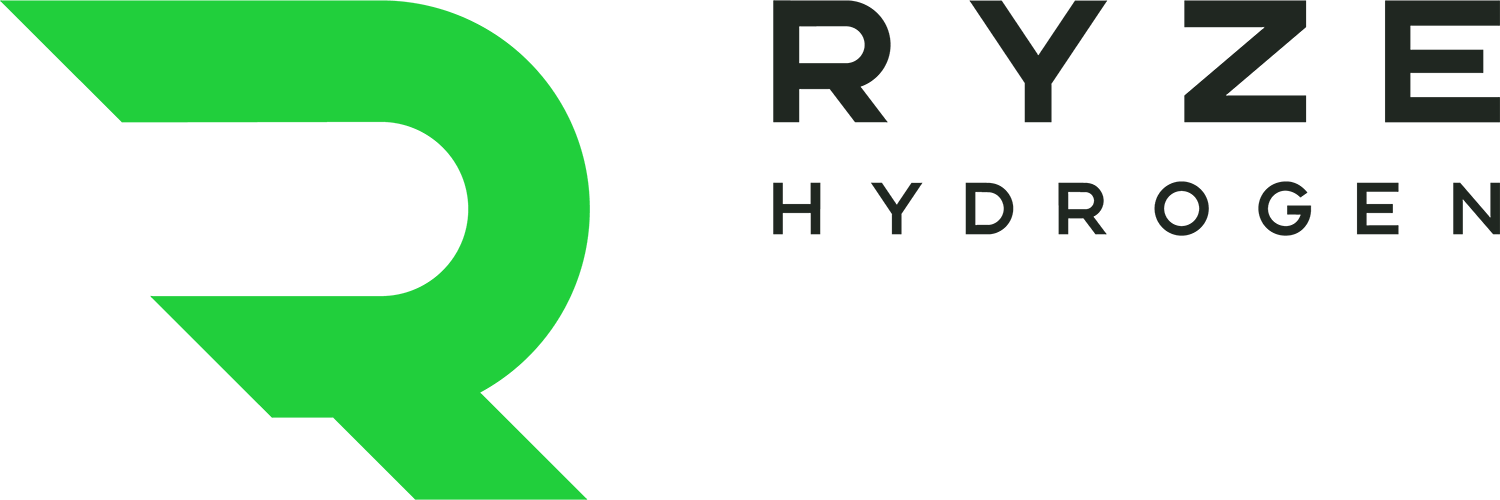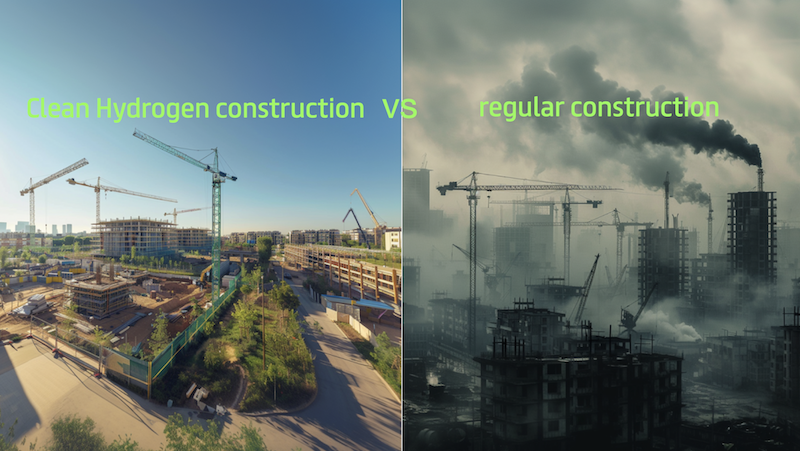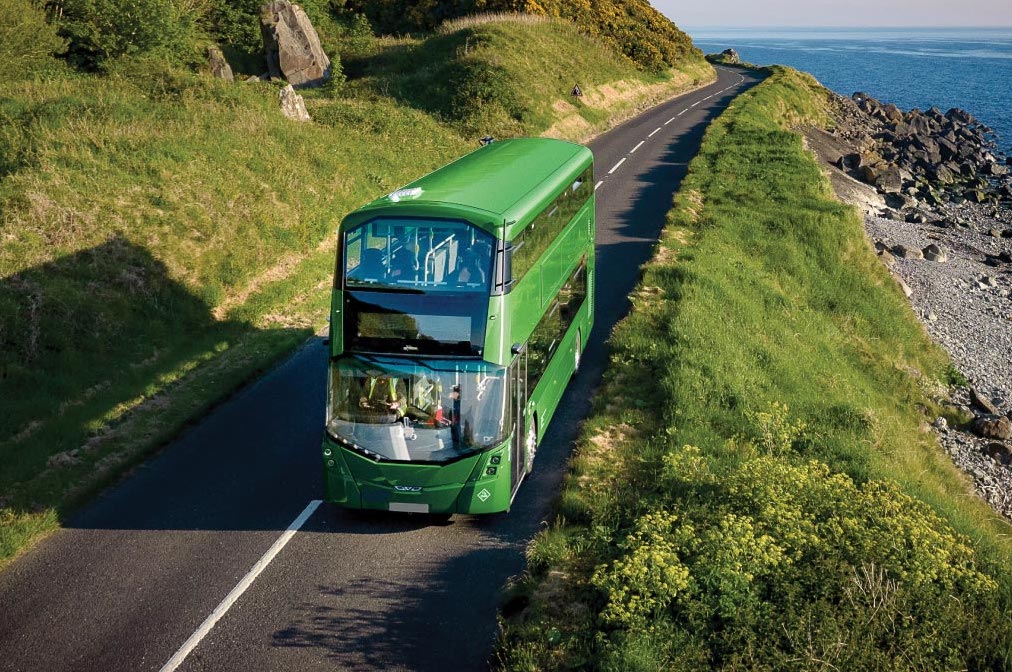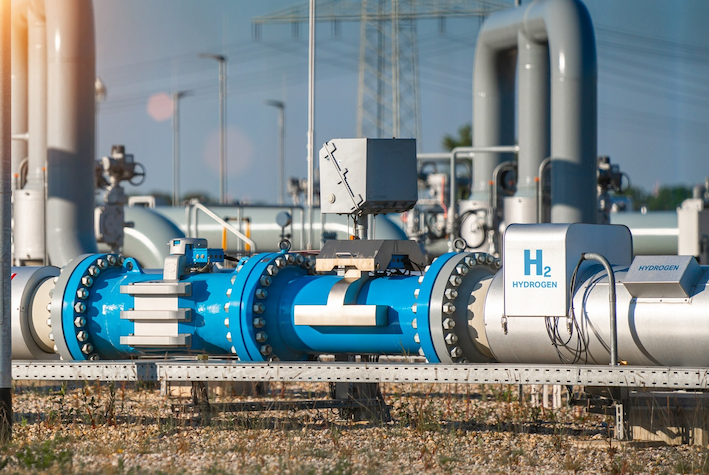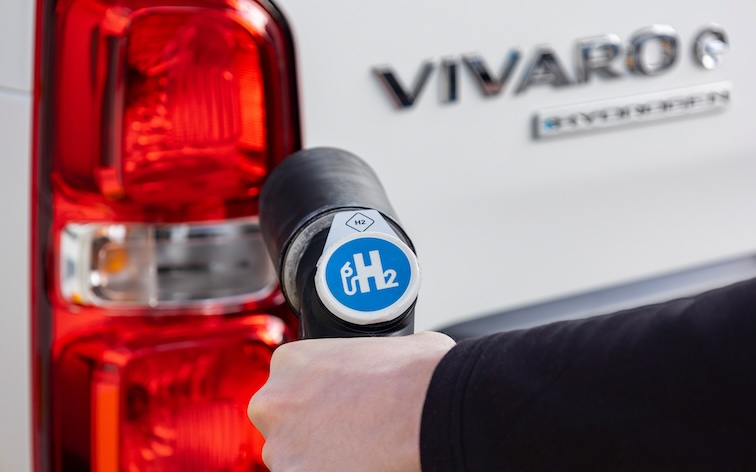The long overdue first ever dedicated parliamentary debate on the use of hydrogen in transport took place last Thursday.
MP Alexander Stafford who lead the charge had arrived earlier by Hydrogen fuelled taxi, naturally, and proceeded to lay out some of the facts that are now harder than ever for civil servants and government to avoid:
“It is now clear that hydrogen will be a critical component of our energy and transport policy as we strive to achieve net zero by 2050. We can no longer afford to sit on our hands. At present, 34% of all UK carbon emissions come from transport. This is a colossal statistic. If we do not prioritise decarbonising our transport sector, we simply will not meet our net zero target.
…the Government will produce an economy-wide hydrogen strategy for the UK, planned to be published in February. I look forward to the promised creation of a hydrogen transport hub, the all-hydrogen bus town scheme and implementation of the aforementioned 10-point plan, which includes policies for hydrogen use and production.”
Now rewind if you will, from this parliament debate in late November to January 2020. Just as we started waking up to Covid 19, it felt like the world was also, finally, alert to the much bigger threat of the climate crisis; but as far as transport was concerned the only solution being talked about significantly in the press (for some unknown reason) was batteries.
But here we are, only 9 months later, and look at the press just last week (which admittedly was ‘European Hydrogen Week’, which says quite a lot in itself don’t you think?):
- First parliamentary debate on hydrogen.
- Sir Jim Ratcliffe announces development of his hydrogen SUV Grenadier.
- China’s State Council releases a 15-year plan focused on the fuel-cell supply chain for developing hydrogen-powered trucks and buses.
- Coalition of 62 major companies declare that up to 100,000 hydrogen-powered trucks and 1,500 stations will be deployed by 2030 in Europe.
- Zero-emission passenger planes will be “commercially viable in the 2030s”, powered by hydrogen produced from renewable energy sources. So said Glenn Llewellyn, vice president of zero-emissions technology at Airbus.
- French train manufacturer Alstom has secured a €160m contract to deliver six hydrogen fuel cell trains to Italy.
And to be totally honest it’s only because we know everyone’s busy that we’ll leave it there for now, because there is simply more news on hydrogen emerging daily than any other subject, and therefore this list could easily go into the hundreds.
The breadth of Hydrogen’s limitless applications, and the speed with which so many governments are developing and investing in its deployment is quite dizzying.
We’ve heard of tipping points, and we’ve wondered what they must feel like…perhaps this is it. Perhaps 2020, despite being the year when we were all ‘grounded’, will also be remembered as the year that Hydrogen took off.
